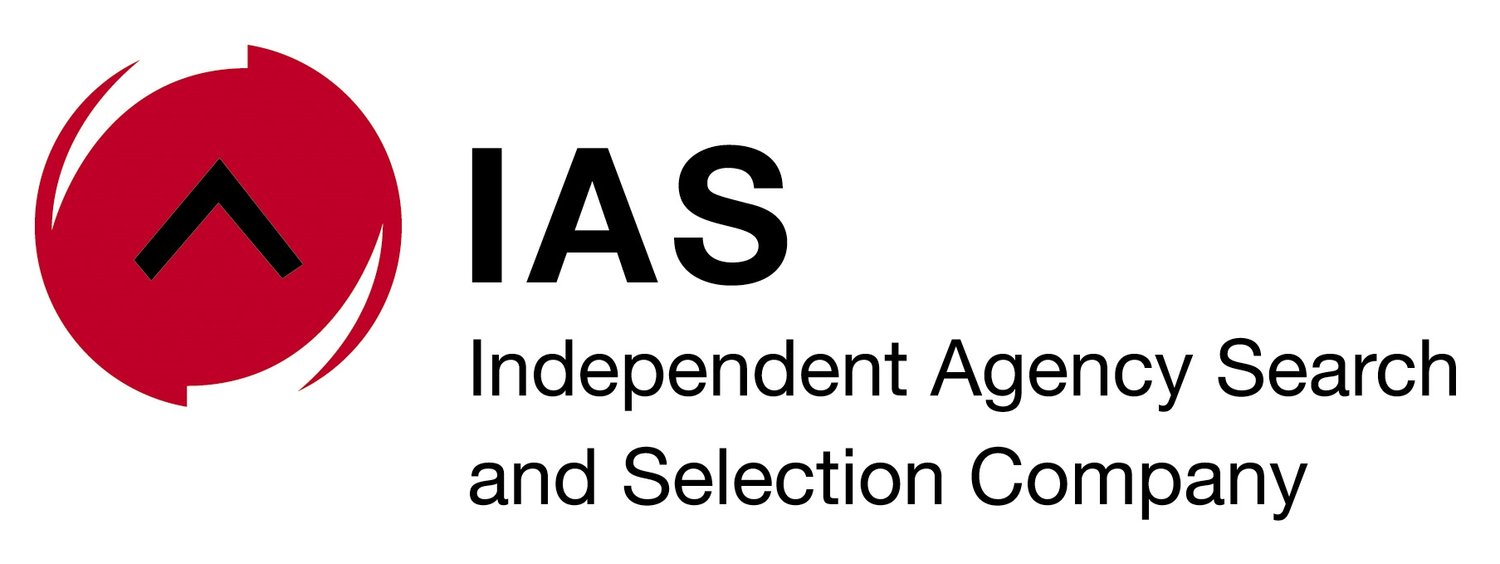Word Soup is a tactical electronic word search game where you swipe strategically to create ‘insanely-long words’ to get points. Urban Dictionary suggests it is a long, involved message without punctuation or capital letters. In our industry terms, writes Johanna McDowell, CEO of the Independent Agency Search & Selection Company (IAS) and SCOPEN partner, it’s the substance-free version of metrics.
Over the past 14 years, the IAS has evolved its client-agency relationship management tool as we’ve noted changes in the sector. The various iterations of this product have been updated or amended for maximum value, and added to the arsenal marketers and agencies can implement in maintaining effective associations.
Where measuring the efficacy of an agency was once heavily slanted towards an agency’s execution of specific campaigns, its creativity and even industry awards and accolades, today’s marketers are looking for hard metrics.
These include not only performance, but the agency knowing exactly what metrics the marketer must deliver to the business, and show how they assisted in meeting them. This brings a new level of relationship engagement between marketer and agency, and one that encompasses a new dimension of honesty, transparency and accountability from both parties.
Compared to the “word soup” that is our industry’s equivalent of empty calories, hard metrics do so much more than enable each party to gauge successes - they build stronger bonds, encourage better communication for greater campaign impact and are essentially the “meat” of relationships.
Recipe for relationship management
The IAS takes measurement one step further, encouraging agencies to ask themselves how they felt they performed and whether the marketer explained the business metrics they are required to deliver on. Engaging with the marketer on these issues will ensure the marketer reviews the metrics carefully before briefing the agency.
Then, there’s the client’s pitch brief... Should this vital part of the original process not list the metrics that an agency needs to achieve, the most important measurements are unlikely to be accomplished.
In the IAS’s evolution of all the components that come together to ensure effective relationship management, clients are given a questionnaire that enables both marketers and agencies to rate themselves to determine what they should be doing differently or placing more focus on.
Importantly, this removes the likelihood of any party producing word soup in a process that demands hearty, robust metrics.
You may also be interested in reading How do you measure the value of an intermediary and Mutuality: They key to intermediary efficacy







